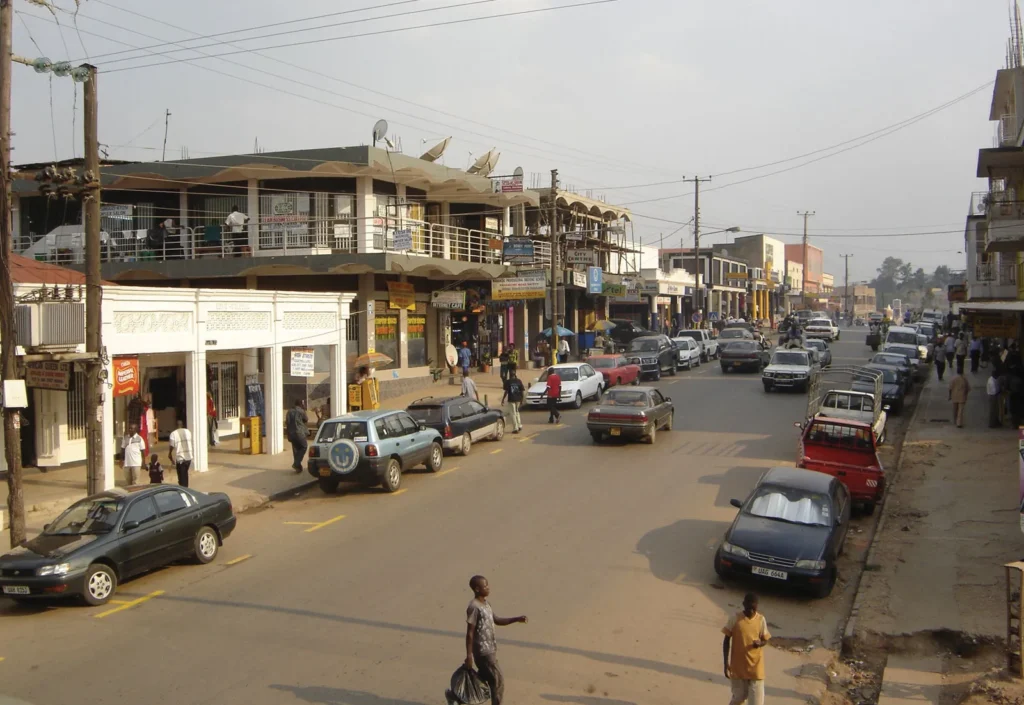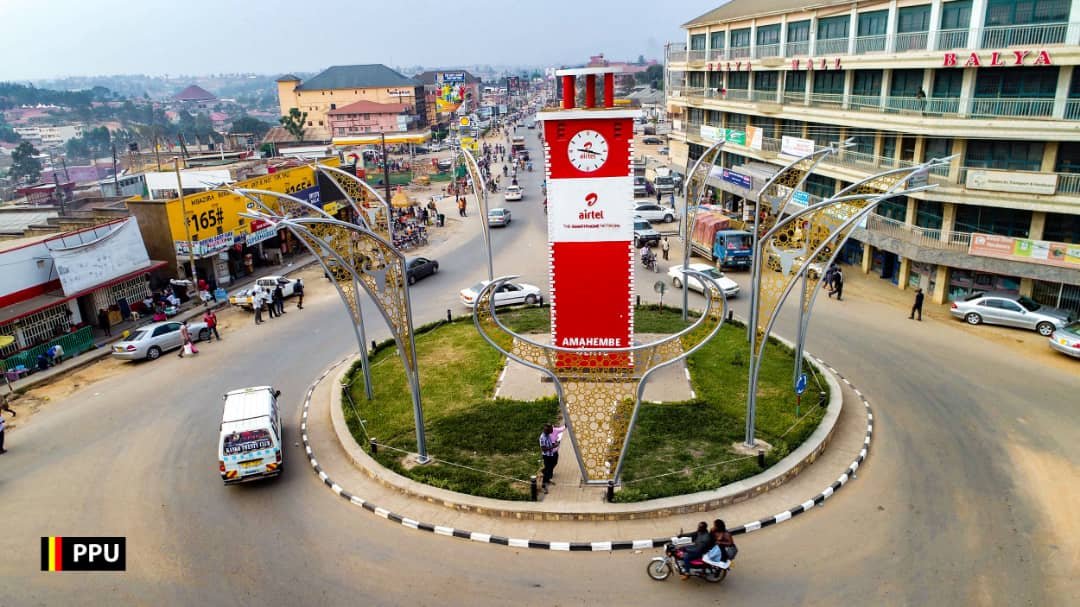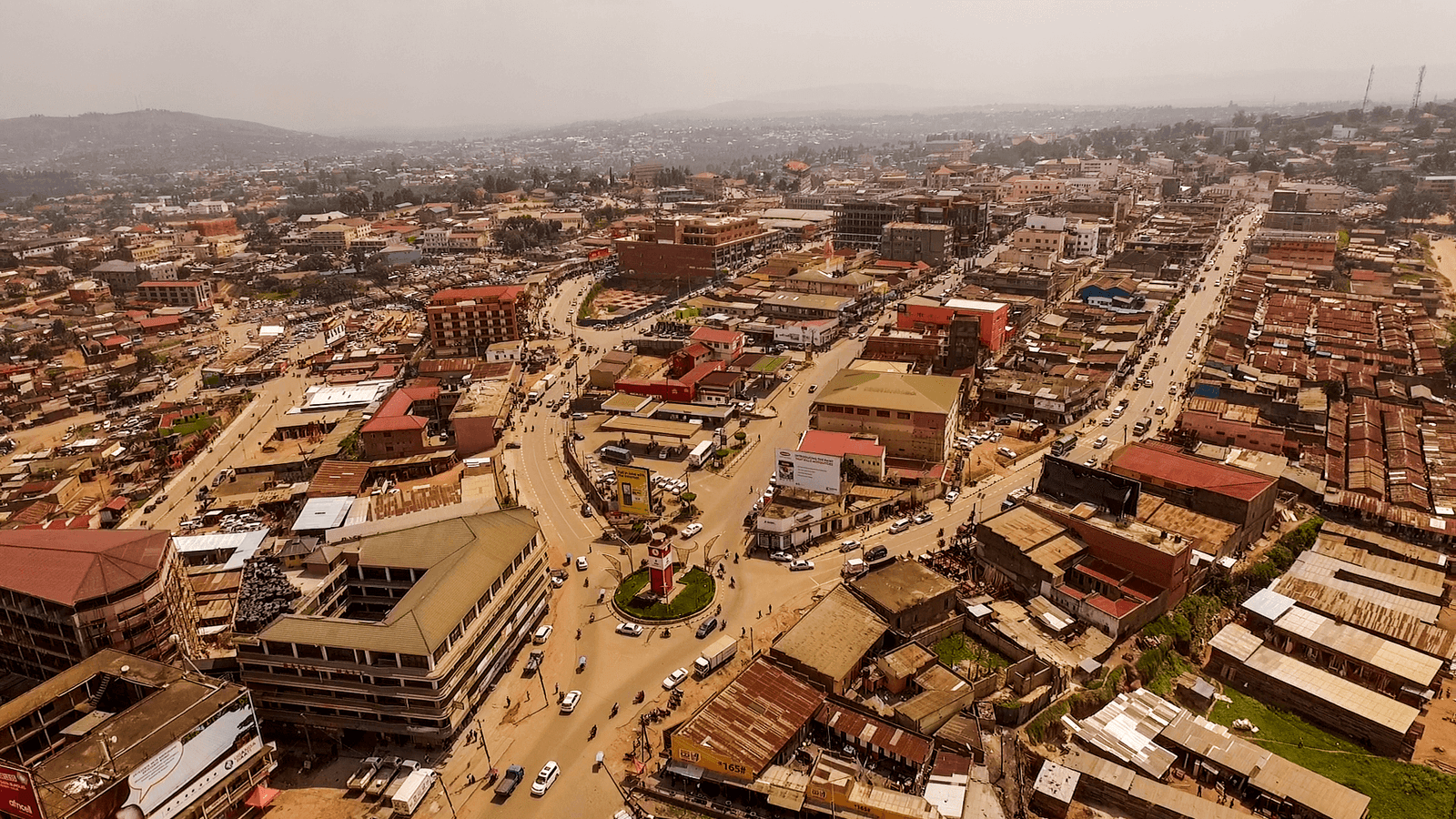
Nestled in the heart of western Uganda, Mbarara City is a dynamic destination that serves as the gateway to one of the country’s most culturally rich and naturally diverse regions. Known as the “Breadbasket of Uganda,” Mbarara is a hub for agriculture, trade, and tourism, offering visitors a unique blend of tradition, modernity, and adventure. Whether you’re exploring bustling markets, engaging with local communities, or venturing into nearby national parks, Mbarara promises an enriching and unforgettable experience.
A Glimpse into Mbarara’s History
Mbarara’s history is deeply intertwined with the Kingdom of Ankole, one of Uganda’s oldest monarchies. The city was established during the colonial era as an administrative center and quickly became a key hub for trade and agriculture. Its strategic location along major trade routes made it a melting pot of cultures, with influences from the Bahima (pastoralists) and Bairu (farmers), two sub-groups of the Banyankole people.
Today, Mbarara stands as a symbol of progress and unity in western Uganda, celebrating its rich heritage while embracing modernity. It serves as a gateway to Queen Elizabeth National Park, Lake Mburo National Park, and other natural wonders, making it a popular starting point for travelers exploring the region.

Why Visit Mbarara?
1. Rich Cultural Heritage
Mbarara is a gateway to understanding the traditions and customs of the Banyankole people, one of Uganda’s largest ethnic groups. Visitors can immerse themselves in the region’s vibrant culture through music, dance, and storytelling. Traditional performances often feature the engoma (drum) and energetic dances like the Ekitaguriro , which mimic the movements of cattle and celebrate the pastoralist way of life.
For a deeper dive into Ankole culture, visit the Ankole Kingdom Palace , located just outside Mbarara. This cultural center serves as the seat of the Omugabe (king) of Ankole and offers insights into the kingdom’s history, governance, and customs. Guided tours provide opportunities to interact with community elders and learn about their way of life.
2. Agricultural Significance
Mbarara is renowned for its fertile soils and agricultural productivity, particularly in livestock farming. The city’s nickname, “Breadbasket of Uganda,” reflects its prominence in producing crops like maize, millet, and sorghum, as well as raising long-horned Ankole cattle, a symbol of pride for the region. Visitors can tour local farms and ranches to witness the entire process, from planting and harvesting to traditional cattle herding.
In addition to agriculture, Mbarara is also a major producer of milk and dairy products. The Mbarara Milk Processing Plant is a fascinating destination where visitors can learn about milk production and sample fresh dairy products like yogurt and ghee (clarified butter).
3. Proximity to Natural Attractions
Mbarara’s location makes it an ideal base for exploring western Uganda’s natural wonders. Just a short drive away lies Lake Mburo National Park , one of Uganda’s smallest but most scenic parks. Known for its diverse wildlife, including zebras, impalas, and hippos, Lake Mburo offers game drives, boat safaris, and guided nature walks. Birdwatchers will delight in spotting over 350 bird species, including the rare African finfoot.
Another must-visit destination is Queen Elizabeth National Park , located about three hours from Mbarara. This iconic park is home to the famous tree-climbing lions, elephants, buffaloes, and over 600 bird species. Activities include game drives, boat cruises on the Kazinga Channel, and chimpanzee trekking in the Kyambura Gorge.
4. Vibrant Markets
Mbarara’s markets are bustling hubs of activity, offering a glimpse into the daily lives of its residents. The Mbarara Main Market is a vibrant marketplace where locals sell fresh produce, handmade crafts, and traditional textiles. Visitors can browse stalls filled with colorful baskets, beadwork, and pottery, all crafted using time-honored techniques.
For those interested in supporting local artisans, the Ankole Craft Center is a must-visit. This initiative empowers women by providing them with skills training and a platform to sell their handmade goods. Purchasing items here not only supports sustainable livelihoods but also helps preserve traditional craftsmanship.
Adventure Activities Near Mbarara
While Mbarara itself is more focused on cultural and agricultural experiences, its surroundings offer plenty of adventure opportunities:
- Birdwatching : Western Uganda is home to over 600 bird species, making it a paradise for birdwatchers. Keep an eye out for rare species like the shoebill stork and the great blue turaco.
- Hiking and Nature Walks : Explore the scenic landscapes around Mbarara on foot. Trails wind through lush forests, rolling hills, and rural villages, offering breathtaking views and encounters with local wildlife.
- Community Tours : Many villages near Mbarara welcome tourists to participate in cultural immersion programs. These tours often include visits to schools, farms, and homesteads, allowing visitors to gain firsthand insights into rural life.
Local Cuisine
Mbarara’s culinary scene reflects the flavors of western Uganda. Sample traditional dishes like matooke (steamed bananas), groundnut sauce , and eshabwe (a ceremonial dish made from milk and ghee). For a truly authentic experience, dine at local eateries or roadside stalls, where meals are prepared using fresh ingredients sourced from nearby farms.
One popular delicacy is rolex , a street food made with chapati (flatbread) and eggs. Pair your meal with a refreshing glass of locally brewed tonto (banana wine) or malwa (millet beer) for a complete taste of Ugandan cuisine.
Getting Around Mbarara
Mbarara is relatively compact and easy to navigate. Taxis and boda-bodas (motorcycle taxis) are readily available for short trips within the city. For longer journeys to nearby attractions, hiring a private car or joining organized tours is recommended. Many tour operators in Mbarara specialize in safaris and cultural excursions, ensuring seamless transportation options.

Best Time to Visit
The best time to visit Mbarara is during Uganda’s dry seasons, which run from December to February and June to August. During these months, the weather is sunny and conducive to outdoor activities like hiking and wildlife viewing. However, even during the rainy season, Mbarara remains lush and vibrant, with fewer crowds and lower accommodation rates.
Accommodation Options
Mbarara offers a range of accommodations to suit different budgets. Mid-range hotels like Hotel Mbarara and Lake View Hotel provide comfortable stays with modern amenities, while budget-friendly guesthouses cater to backpackers and solo travelers. For a more immersive experience, consider staying at eco-lodges or community-run campsites near Lake Mburo or Queen Elizabeth National Park.
Hidden Gems in Mbarara
Beyond the main attractions, Mbarara has several hidden gems worth exploring:
- Igongo Cultural Center & Museum : Located just outside Mbarara, this museum showcases artifacts, tools, and relics that highlight the history and way of life of the Banyankole people. It also features a restaurant serving traditional Ankole dishes.
- Kashenyi Peninsula : A serene spot on Lake Mburo offering panoramic views of the lake and surrounding hills, perfect for picnics and relaxation.
- Nyakatonzi Caves : Located near Queen Elizabeth National Park, these ancient caves are steeped in legend and folklore, offering a fascinating glimpse into the region’s prehistoric past.
Final Thoughts
Mbarara City is a destination that embodies culture, agriculture, and natural beauty. Whether you’re exploring its vibrant markets, learning about Ankole traditions, or venturing into nearby national parks, every moment spent here feels meaningful and enriching. As the gateway to western Uganda, Mbarara invites travelers to discover its unique charm and warmth.